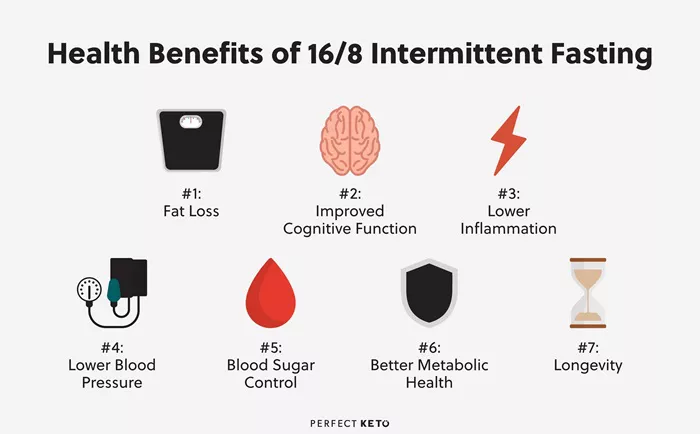As the new year approaches, it’s the perfect time to focus on improving brain health. A recent article from the American Academy of Neurology, published in the December 16, 2024, issue of Neurology®, outlines twelve important factors that can help protect and improve brain health at all stages of life.
According to Carlayne E. Jackson, M.D., FAAN, President of the American Academy of Neurology, neurologists play a critical role in maintaining brain health, thanks to their specialized training and expertise. “The American Academy of Neurology’s Brain Health Initiative provides neurologists with essential knowledge on preventive neurology, helping to improve brain health for all,” she said. “This article can serve as a valuable conversation starter with your physician about how to best protect your brain.”
The twelve factors listed in the article address various aspects of brain health and offer practical questions that individuals can discuss with their neurologists or primary care physicians. These factors touch on areas such as sleep, diet, exercise, and mental health. Here’s a breakdown:
1. Sleep
Are you getting enough sleep to feel rested and refreshed? Quality sleep is essential for brain function and overall health.
2. Affect, Mood, and Mental Health
Do you experience symptoms of anxiety, stress, or mood disturbances? Addressing mental health is key to maintaining a healthy brain.
3. Food, Diet, and Supplements
Are you consuming a balanced, nutrient-rich diet, and do you have questions about supplements or vitamins? Proper nutrition supports brain function and cognitive health.
4. Exercise
Are you incorporating regular physical activity into your routine? Exercise helps increase blood flow to the brain and supports mental clarity.
5. Supportive Social Interactions
Do you maintain regular contact with close friends and family? Strong social connections have been shown to promote better cognitive health.
6. Trauma Avoidance
Are you taking precautions, such as wearing seatbelts and helmets, to avoid brain injuries? Preventing head trauma is critical for long-term brain health.
7. Blood Pressure
Have you experienced high blood pressure or had concerns about managing it? High blood pressure can increase the risk of stroke and cognitive decline.
8. Genetic and Metabolic Factors
Do you have any family history of neurological conditions or difficulty managing blood sugar or cholesterol? Understanding your genetic and metabolic risks can help guide prevention strategies.
9. Affordability and Adherence
Are you able to afford your medications and adhere to prescribed treatments? Medication accessibility and adherence are essential for managing chronic health conditions that impact brain function.
10. Infection
Are you up to date on your vaccines? Vaccination helps prevent infections that could adversely affect brain health.
11. Negative Exposures
Do you smoke, drink excessively, or have exposure to harmful substances like pollution? Avoiding harmful lifestyle habits and environmental factors can reduce the risk of brain disease.
12. Social and Structural Determinants of Health
Do you face challenges related to housing, transportation, or access to healthcare? Addressing broader social determinants can improve overall health, including brain health.
Taking Action for Brain Health
By discussing these twelve factors with your healthcare provider, you can take proactive steps to protect your brain. Neurologists and primary care physicians are well-equipped to offer guidance, treatment options, and resources to help individuals maintain cognitive health throughout their lives.
Dr. Linda M. Selwa, a neurologist at the University of Michigan and co-author of the article, emphasizes the importance of both individual action and national advocacy in improving brain health. “Our article highlights numerous ways to enhance brain health on an individual level, and advocating for more research and improved healthcare access is crucial for national progress,” she said.
As the new year begins, making resolutions to improve brain health can have long-lasting benefits. Whether it’s focusing on diet, exercise, or addressing mental health concerns, taking the first step toward better brain health is a positive and impactful decision.
For more information, consider scheduling a consultation with your healthcare provider to discuss these factors and develop a personalized plan for brain health.
Related Topics
Legionella Contamination Leads to Closure of Mental Health Ward at Lister Hospital
No Plans to Ban Ranitidine in India, Health Ministry Clarifies
Global Study Reports Significant Decline in Diarrheal Disease Mortality



































